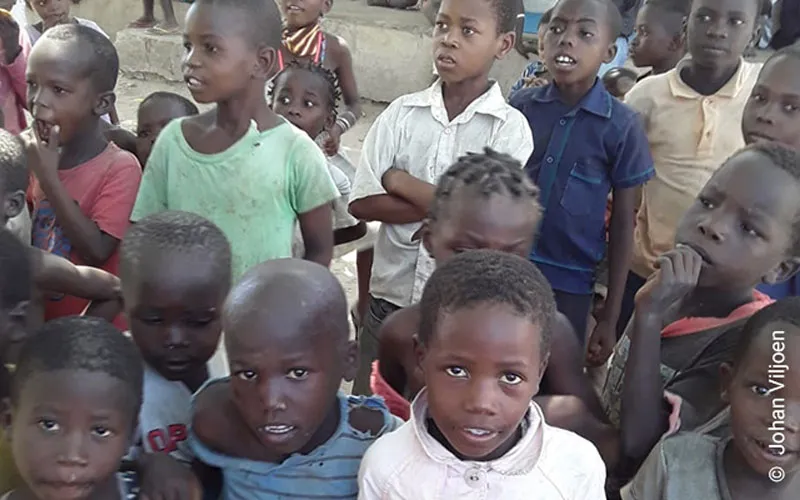Both Sisters belong to the same congregation of St. Joseph of Chambéry.
In their captivity, the two Sisters saw the experience of the abducted children.
In the interview with the Catholic charity organization, Fr. Fonseca recalls his conversation with one of the Sisters, saying, “Sister Eliane herself was held for 24 days by the terrorists, in the mountains, and she begged me, Padre Fonseca, please don’t forget the people who have been abducted, above all the children and adolescents, who are being trained to become terrorists.”
The Priest gives an account of another town that witnessed terrorist attacks was Mucojo, an administrative centre on the coast in the district of Macomia. In this attack, a woman only identified as Mina watched as the militants beheaded her husband and her brother and took three of her four children away.
Fr. Fonseca says, in reference to the woman, “Every time she recalls what happened to her and to her family, to her husband, her children and her brother, it reopens a terrible wound that shows no sign of ever healing.”
(Story continues below)
The Priest who listened to Mina’s devastating story tells ACN, “Five men suddenly appeared, surprising them, and the local people realized that they were terrorists of Al- Shabaab.”
“The terrorists found Mina at home with her husband, her brother and her four children. They told her, ‘We’re going to take these two boys.’ In the end they took three boys, aged 14, 12 and just 10 years old,” the Priest narrates.
He adds that the militants tied up Mina’s husband and her brother and told her to leave because they were going to kill them.
The mother of four is said to have refused to leave her husband and brother behind. And so, she was forced to watch as they slit the throats of her husband and her brother.
“Not only that, but her own little girl of two or three years old also witnessed the murders,” Fr. Fonseca says, and adds, “The little girl is still in shock to this day and keeps insisting that they return to the town to see her father. She witnessed the entire scene.”
Many other children in northern Mozambique have been subjected to intense traumatizing experiences by witnessing the killing of their parents.
In the Catholic Diocese of Pemba where thousands of displaced people are seeking refuge, Fr. Edegard Silva, a Brazillian Missionary is using puppets to provide psychosocial support to children who have undergone trauma in the country’s Cabo Delgado warrying region.
Agnes Aineah is a Kenyan journalist with a background in digital and newspaper reporting. She holds a Master of Arts in Digital Journalism from the Aga Khan University, Graduate School of Media and Communications and a Bachelor's Degree in Linguistics, Media and Communications from Kenya's Moi University. Agnes currently serves as a journalist for ACI Africa.








